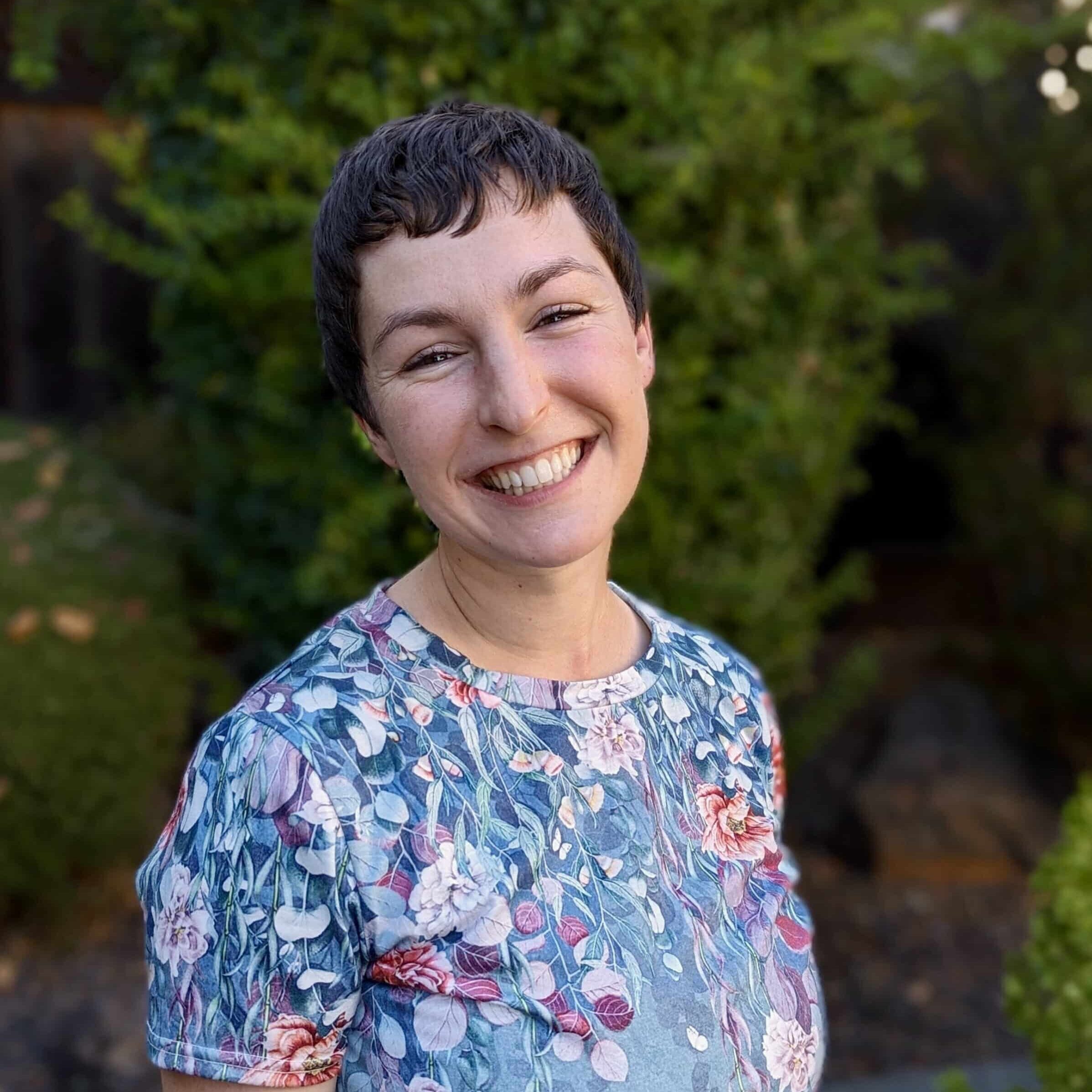Trauma is a complex and painful mental health condition. As a result, healing from trauma can be challenging. As an emotional response to a deeply distressing or disturbing event, trauma overwhelms an individual’s ability to cope. Trauma responses may be caused by a single incident such as an accident or assault. As well, they may be caused by extended exposure to abuse, war, chronic neglect, or other prolonged stressful situations.
Trauma and Its Effects
Trauma responses affect mental, emotional, physical, and spiritual well-being, leaving lasting impacts in the brain and the body if not addressed [1].
Types of Trauma
The most commonly understood types of trauma include [2]:
- Acute Trauma: May follow from a single stressful or dangerous event, such as a car crash, mass shooting, or natural disaster.
- Chronic Trauma: Repeated and prolonged exposure to highly stressful events, such as domestic violence or long-term illness.
- Complex Trauma: The result of multiple traumatic events, often occurring due to childhood abuse or neglect.
- Secondary (Vicarious) Trauma: Common in caregivers, first responders, or therapists, resulting from indirect exposure to trauma.
- Developmental Trauma: Occurs in childhood and disrupts normal emotional and psychological development.
Common Effects of Trauma
Trauma can manifest in various ways, including [3]:
Psychological & Emotional Effects
- Intrusive thoughts, flashbacks, or nightmares
- Anxiety, panic attacks, or hypervigilance
- Depression, guilt, or shame
- Emotional numbness or dissociation
- Difficulty trusting others
Physical Effects:
- Chronic pain or fatigue
- Sleep disturbances (insomnia or nightmares)
- Gastrointestinal issues
- Weakened immune system
- Increased risk of heart disease
Behavioral Effects:
- Avoidance of trauma reminders
- Substance abuse or self-harm
- Social withdrawal or isolation
- Aggression or irritability
- Difficulty concentrating or making decisions
Long-Term Consequences (if unaddressed):
- Post-Traumatic Stress Disorder (PTSD)
- Complex PTSD (from prolonged trauma)
- Attachment disorders (in cases of childhood trauma)
- Higher risk of mental health disorders (depression, anxiety)
Key Strategies for Building Resilience
Trauma is not a life sentence—with awareness, support, and treatment, individuals can heal and regain control over their lives. Recognizing the signs and seeking help is the first step toward recovery.
Developing Healthy Coping Mechanisms
There are things you can do outside of therapy to develop healthy ways to cope with trauma.
Self Care and Emotional Regulation
Trauma overwhelms the nervous system, making emotions feel uncontrollable. Coping with trauma begins with self-care. Consistent self-care—sleep, routine, social support—rebuilds the brain’s capacity to manage stress.
- Physical wellness creates the foundation for recovery by maintaining physical fitness through exercise such as walking, dancing, swimming, or working out
- Support this with healthy nutrition from a balanced diet
- Mindfulness meditation to stay present
- Breathwork to calm arousal
- Grounding techniques for stability
Support Systems
With the support of trusted friends, family, or support groups, you can affirm a sense of emotional safety which provides a second foundation for healing.
Professional Treatment Options
Recovery is possible with the right professional support: Psychiatrists or trauma specialists can assist with severe symptoms. There are a number of evidence-based trauma-focused therapies which have proven effective, including:
Eye Movement Desensitization and Reprocessing (EMDR)
EMDR is a structured therapy designed to help individuals process and heal from traumatic experiences. By using bilateral stimulation—such as side-to-side eye movements, taps, or sounds—it helps the brain reprocess distressing memories, reducing their emotional impact.
With initial improvement in as little as 3-6 sessions, and over time, traumatic events feel less overwhelming, allowing for emotional resolution. EMDR is particularly effective for PTSD, anxiety, and other trauma-related conditions, often producing lasting relief in fewer sessions than traditional talk therapies.
Accelerated Resolution Therapy (ART)
ART is a brief, evidence-based psychotherapy that rapidly reduces trauma symptoms by reprogramming distressing memories. Using guided eye movements and visualization techniques, ART helps clients replace negative images and emotions with positive ones—often in just 1 to 5 sessions. Originally developed for PTSD, it also treats anxiety, depression, phobias, and grief. Unlike traditional talk therapy, ART focuses on subconscious processing for faster, lasting relief with minimal retraumatization.
Somatic Experiencing (SE)
SE is a body-centered therapy designed to release trauma stored in the nervous system. SE focuses on tracking physical sensations (like tension or shaking) to help the body complete interrupted survival responses. By gently guiding awareness to these sensations—without reliving the trauma—clients restore balance, reduce anxiety, and build resilience. Effective for PTSD, chronic stress, and emotional dysregulation, SE promotes deep, physiological healing.
Complementary Therapies
Complementary and alternative therapies for treating PTSD can be used alone or together with conventional therapies. They include acupuncture, moxibustion, Chinese herbal medicines, meditation, yoga, deep-breathing exercises, mind-body therapy, and tai chi [4].
Long-Term Healing and Maintenance
True recovery from trauma is an ongoing journey that extends beyond initial treatment. Consistent self-care (sleep, nutrition, movement), continued therapy when needed, and healthy social connections create stability.
Mindfulness and grounding techniques help manage triggers, while practices like journaling or art support emotional processing. Building resilience involves self-compassion, recognizing progress, and accepting that healing isn’t linear—it’s about sustainable growth, not perfection.
Improving Mental Health in Utah
Treatment for mental health conditions is available in Utah. Are you or a loved one looking for a compassionate space to heal from anxiety, trauma, PTSD, other mental health conditions, or addictions? Our licensed trauma-informed professional therapists and counselors at Corner Canyon Health Centers can provide compassionate help using a range of therapeutic and holistic techniques.
Reach out to our Admissions team now at Corner Canyon. We’re in a peaceful setting bordered by the beautiful Wasatch Mountains.

Sources
[1] van der Kolk, Bessel. The Body Keeps the Score.
[2] Shalev A. Posttraumatic stress disorder and stress-related disorders. Psychiatr. Clin. North Am. 2009 Sep;32(3):687-704.
[3] Center for Substance Abuse Treatment (US). Trauma-Informed Care in Behavioral Health Services. Rockville (MD): Substance Abuse and Mental Health Services Administration (US); 2014. (Treatment Improvement Protocol (TIP) Series, No. 57.) Chapter 3, Understanding the Impact of Trauma.
[4] Song K, et al. 2020. Complementary and alternative therapies for post-traumatic stress disorder: A protocol for systematic review and network meta-analysis. Medicine (Baltimore). 2020 Jul 10;99(28)












